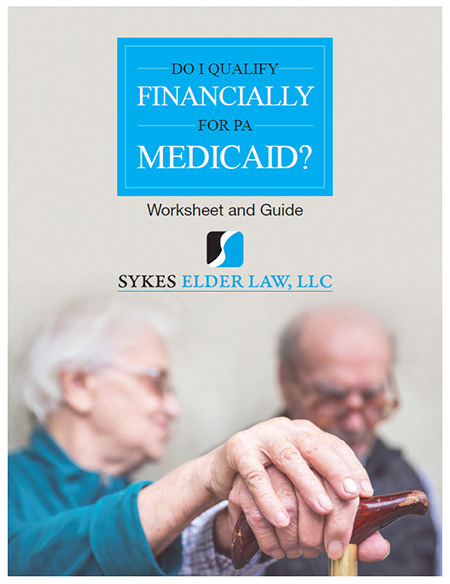Last summer, we looked at how to spend down for Medicaid by purchasing exempt resources.
In this issue, we’ll explore ways to spend down by making “exempt transfers.” That means putting extra money or other assets in the name of someone else, usually a family member, without incurring any loss of Medicaid eligibility.
It’s a way of qualifying for benefits more quickly, while at the same time enhancing the quality of life for someone you care about.
How exempt transfers work
To qualify for Medicaid, an applicant’s countable resources may not exceed the allowable limit: $2,400 if income is $2,022 per month or more, or $8,000 if income is less than $2,022 per month.
Normally, a Medicaid applicant incurs a “penalty period” of Medicaid ineligibility if the applicant, or the applicant’s spouse, transfers assets to someone else during the look-back period, unless fair market value is received for that transfer.
The look-back period is the period of time when the government will look to see if an applicant has given away assets. For applications filed now, the look-back period is just over four years, and will expand to five years by early 2011.
But there are exceptions to the anti-transfer rule. As a matter of public policy, Medicaid law permits an applicant to spend down by transferring money or other assets to certain persons. If the transfer is exempt under Medicaid rules, no period of ineligibility arises.
Common examples
Here are a few of the more commonly used exempt transfers:
- Giving money or assets to a child of the applicant who is under 21, blind,
or disabled. - Deeding a house to a caregiver child, that is, a son or daughter of the applicant who has lived with that person for at least two years, and has provided care that allowed the applicant to reside at home rather than in an institution.
- Funding a trust for a disabled individual under age 65. Pennsylvania regulations do not require the individual to be the applicant’s child. It could be a grandchild or other family member. A special needs trust is commonly used for this purpose if the recipient receives public benefits.
- Deeding a house to a sibling of the applicant, if the sibling has an equity
interest in the property and has lived there for at least one year before the applicant entered a nursing home.
An elder law attorney can help you use these and other exempt transfers to qualify for benefits sooner, while benefiting your loved ones. Because the Medicaid rules can be exacting, it’s best to seek professional help.





